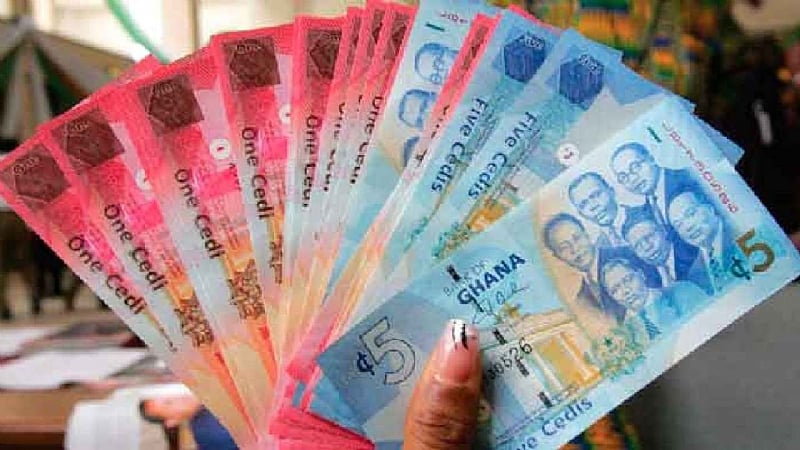On November 5, 2024, the Ghanaian Cedi has experienced a notable depreciation against the United States dollar, with a decline of 3 pesewas in the buying rate and 5 pesewas in the selling rate compared to the previous day. According to Cedirates.com, a reliable source for currency and fuel updates, the buying rate reached GHS16.33, while the selling rate was recorded at GHS16.77 as of 10:30 am. This downward trend in the value of the Cedi reflects broader challenges in the Ghanaian economy, including inflationary pressures and external debt obligations that have contributed to fluctuations in the currency market.
In the interbank market, the exchange rates showcase more pronounced values for the Cedi against the dollar, with a buying rate of GHS16.39 and a selling price of GHS16.41. The depreciation of the Cedi is echoed in the rates for other major currencies, with the British Pound Sterling averaging GHS20.97 for buying and GHS21.79 for selling, while the Euro is trading at GHS17.53 for purchasing and GHS18.30 for selling. These varying rates illustrate the ongoing volatility in currency transactions and the impact of global economic factors on local exchange rates in Ghana.
Additionally, remittance services such as LemFi and Afriex are offering competitive rates for sending money to Ghana from countries like the US or the UK. Through these platforms, the exchange rate equates to GHS16.25 per dollar from the US and GHS15.66 from the UK. For individuals dealing with the British Pound, the rates are set at GHS21.20 for buying and GHS20.69 for selling, demonstrating a viable option for expatriates and others needing to transfer funds into Ghana.
Notably, in the context of the Euro, Afriex has updated its exchange rate to GHS17.21 for €1 on the same day. The presence of these alternative money transfer platforms signifies a shift towards technology-driven financial solutions, allowing individuals to send money more affordably and efficiently. The competitive rates often result in savings compared to traditional banking channels, illustrating the evolving landscape of remittance services within the region.
For those focusing on digital subscriptions, the rates set by payment processors Visa and Mastercard indicate a diverse pricing strategy as well. Customers looking to renew their Netflix, Spotify, or Apple Music subscriptions via these services will pay GHS17.55 and GHS17.49 for one US dollar, respectively. This significant variance highlights how exchange rates affect everyday transactions, from international remittances to online streaming service subscriptions.
In conclusion, the fluctuations in the Ghanaian Cedi against major currencies like the US dollar, British Pound, and Euro underscore the ongoing economic challenges visualized through currency depreciation. The interbank rates and alternative money transfer services illustrate the complexities and evolving nature of the financial landscape in Ghana, ensuring individuals have multiple options for transactions. With technology being a key driver, consumers are better positioned to navigate these challenges amidst the broader economic ecosystem, though greater stability in the currency will be essential for sustained growth and fiscal health.














